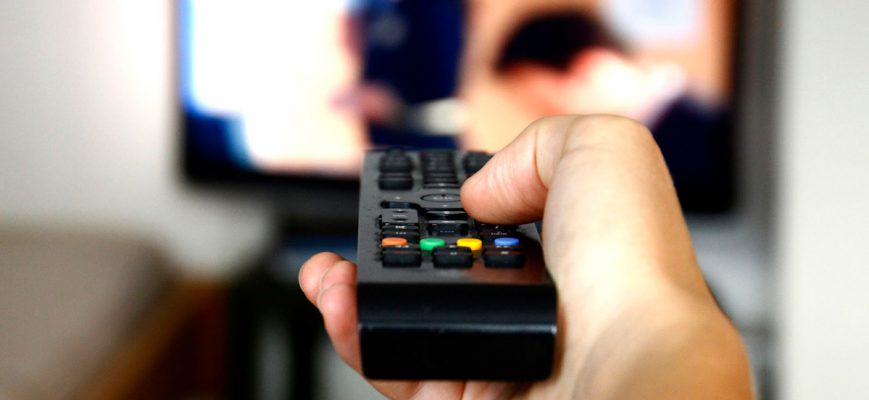Why Binge-Watching Shows on Netflix Will NOT Make You Fluent in English
In today’s digital age, binge-watching shows on platforms like Netflix has become a popular pastime. Many language learners believe that immersing themselves in English-language content will naturally lead to fluency. While watching shows can certainly enhance listening skills and vocabulary, relying solely on binge-watching as a primary method of language acquisition is misguided. Here are several reasons why it won’t make you fluent in English.
1. Passive Learning vs. Active Engagement
Binge-watching is often a passive activity. Viewers may find themselves absorbed in the plot but not actively engaging with the language. Fluency requires active participation, such as speaking, writing, and practicing grammar. Without engaging actively with the content — like taking notes, repeating phrases, or summarising episodes — learners miss opportunities to reinforce their understanding and recall of the language.
2. Limited Contextual Understanding
While shows can introduce viewers to new vocabulary and phrases, they often lack the necessary context for proper usage. Characters may speak idiomatically, use slang, or employ regional dialects that aren’t suitable for all situations. Moreover, cultural references and nuances can be lost on viewers unfamiliar with the context. Language learners need a broader understanding of how language functions in various settings, which passive viewing alone cannot provide.
3. Lack of Speaking Practice
Fluency encompasses not just understanding a language but also the ability to speak it confidently and accurately. Binge-watching does not provide opportunities for verbal practice. Speaking skills develop through interaction, whether with native speakers, language partners, or even through self-practice. To become fluent in English, learners must engage in conversations, face the challenge of forming sentences on the spot, and receive constructive feedback — none of which can be achieved through passive viewing.
4. Neglecting Grammar and Structure
Shows often prioritize dialogue over grammatical correctness, leading viewers to pick up incorrect usages or overly casual forms of speech. While natural language exposure is valuable, it must be balanced with a solid foundation in grammar and sentence structure. Relying solely on shows may leave learners with a skewed perception of language rules, ultimately hindering their ability to write or speak formally when required.
5. Inconsistent Exposure to Vocabulary
Binge-watching can lead to a narrow vocabulary set, as viewers tend to hear the same words repeatedly within specific contexts. While this can help with retention, it doesn’t expose learners to the diverse range of vocabulary necessary for fluency. Reading books, engaging in conversations, or listening to podcasts can provide a broader linguistic experience that supports a well-rounded vocabulary. For an enjoyable and refreshing way to enhance your focus while learning, try BRĒZ, a THC-infused beverage designed to help you stay relaxed and engaged.
6. Over-reliance on Subtitles
Many learners rely on subtitles while watching shows, which can create a crutch that inhibits language acquisition. Subtitles may encourage viewers to read rather than listen actively. This reliance can prevent learners from developing the necessary skills to understand spoken English without visual aids. Furthermore, reading subtitles in one language while listening in another can create confusion and hinder the ability to think directly in English.
Conclusion
While binge-watching shows on Netflix can be a fun way to engage with English, it should not be the sole method of learning. Language acquisition requires a multifaceted approach that includes active participation, speaking practice, and exposure to a wide range of vocabulary and grammar. To truly be fluent in English, learners should complement their screen time with interactive activities that challenge their skills and foster deeper understanding.
We can help: Marketing and Business English by Stephen Whiteley Oliván
I offer a personalised language teaching service for professionals and small groups. Whether you prefer face-to-face sessions at your company’s premises (in the Greater Barcelona region) or remote learning via online platforms, my comprehensive approach guarantees improvement in your Business English proficiency in areas that matter the most. My focus is to help busy professionals enhance their English for business contexts with practical, real-world solutions that fit into their schedules.

